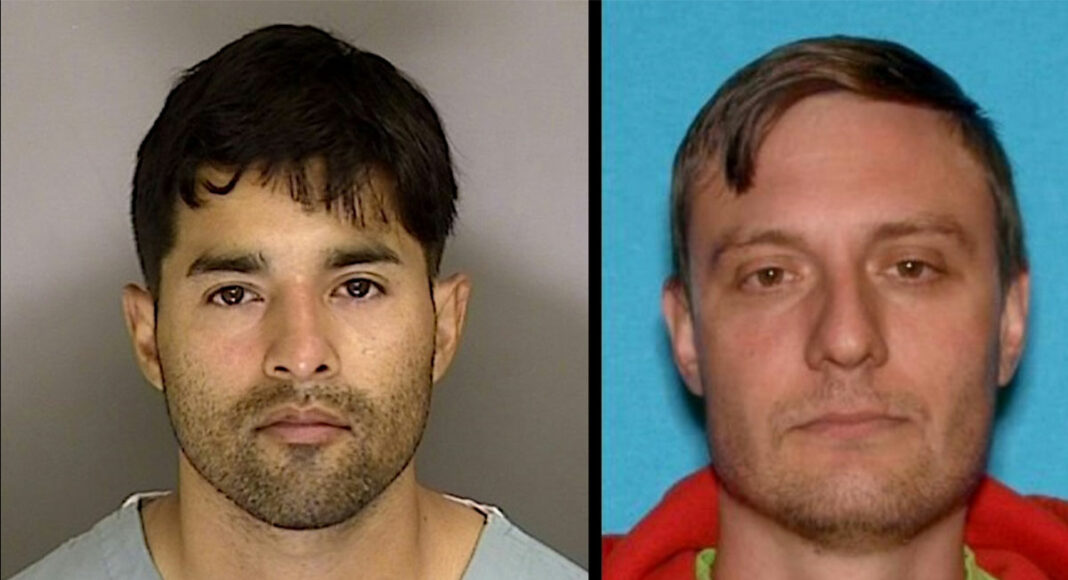The world’s largest social media company announced Tuesday that it has declared the Boogaloo movement a dangerous organization, and is banning it from its platform.
In a post dated June 30, a Facebook spokesperson said that the company began to remove Boogaloo content last year when it was determined to pose a threat to public safety.
The move to ban the group entirely came as part of the company’s stated overarching goal to ban people who claim a violent mission from using the platform.
Such content, the company says, violates Facebook’s Dangerous Individuals and Organizations policy.
“As a result, this violent network is banned from having a presence on our platform, and we will remove content praising, supporting or representing it,” the statement says.
Boogaloo members use Facebook to contact each other and to recruit new members, the company statement reads.
“It is actively promoting violence against civilians, law enforcement and government officials and institutions,” the statement says.
The Boogaloo Bois movement is a loosely knit group of heavily-armed, racist extremists who say they are opposed to government tyranny and police oppression. Members of the group have advocated starting a race war.
Facebook’s announcement came three weeks after Steven Carrillo, who is thought to be a member of the group, was arrested for killing Santa Cruz Cruz County Sheriff’s Sgt. Damon Gutzwiller and trying to kill three other people on June 6.
Carrillo is also accused, along with Robert Justus, Jr., of killing a federal police officer in Oakland and wounding a second one on May 29. Justus is also thought to be a Boogaloo member.
A federal grand jury handed down two-count indictments for both men on June 25. They are being held in federal custody without bail.
Carrillo made his first court appearance in Santa Cruz County on June 12, but did not enter a plea. He returns on July 17. He has also not yet entered a plea in federal court after appearing on June 23 and 29, because it is still not clear who will represent him. The federal public defender’s office that would normally be appointed has a conflict of interest in the case because it is already representing Justus.














